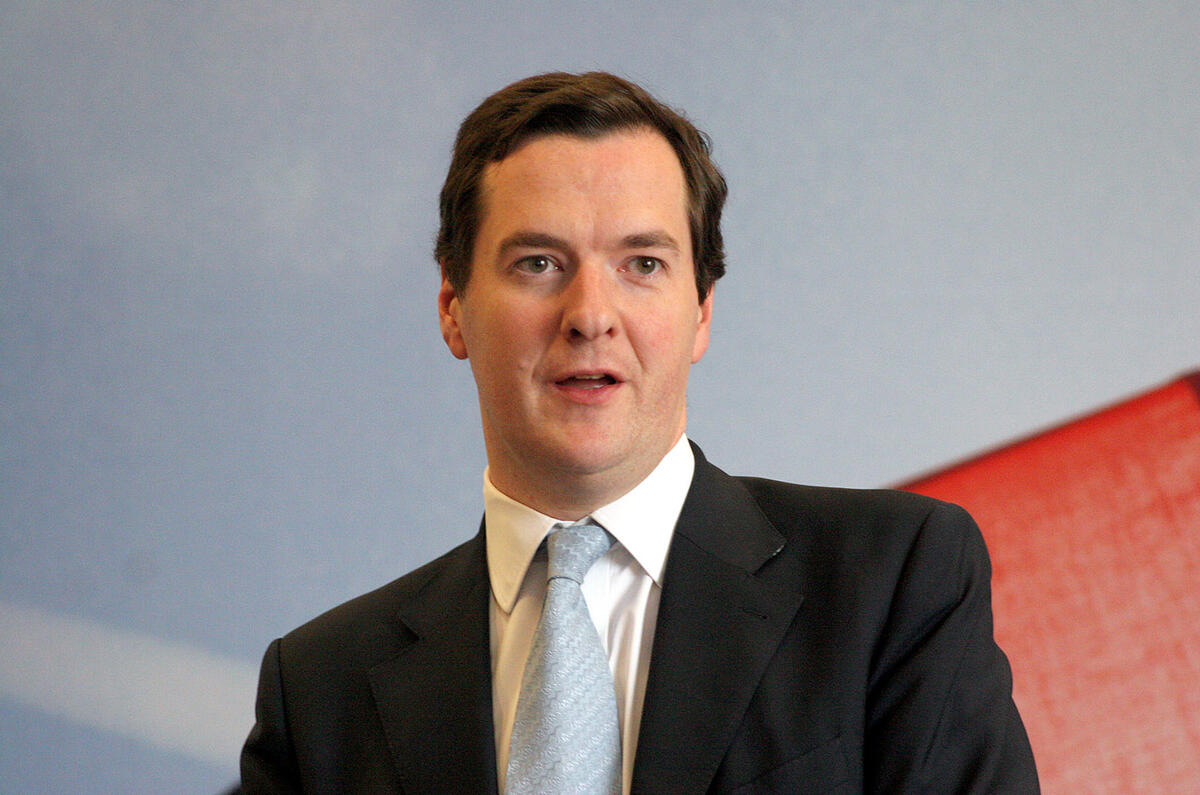Chancellor George Osborne has announced a 37% cut to the day-to-day budget of the Department for Transport during his autumn statement.
Although the operational budget will be cut from next year, the capital spending of the department will be increased by 50% to £61 billion. Of this, £5bn is earmarked for road maintenance, including a 'national pothole fund' of £250 million over the next five years.
The Department for Transport is to be abolished, read more here
In addition to the DfT cut, support for low-emissions vehicles such as hybrids and electrically powered vehicles continues. The Volkswagen emissions scandal also had a knock-on effect on the motoring-related budget alterations, with Osborne saying: "In the light of the slower-than-expected introduction of a more rigorous EU emissions testing, we will delay the removal of the diesel supplement from company cars until 2021."
Drivers are also set to save £40-£50 per year, as the government implements its reforms surrounding compensation after motoring-accident-related injuries such as whiplash. The saving will come from the reduced cost to insurers of the claims, with Osborne saying the saving should be passed on to motorists, rather than absorbed by insurers. As announced in the Spring budget, fuel duty will also remain static until March 2016.
Osborne made clear reference to the UK's growing exports compared to imports, to which automotive manufacturing is a strong contributor. Osborne also highlighted the importance of the Midlands to the UK economy, saying the area "creates jobs three times faster than London and the south-east". An example was Jaguar Land Rover's recent decision to double the size of its Wolverhampton-based engine building facility, as part of its continuing investment in UK manufacturing plants.
Responding to the spending review, automotive industry body the Society of Motor Manufacturers and Traders said in a statement: "Government engagement with industry has been fundamental to the recent success and global competitiveness of UK automotive, so today’s commitment by the Chancellor to a long-term industrial strategy for the sector is encouraging."





Add your comment